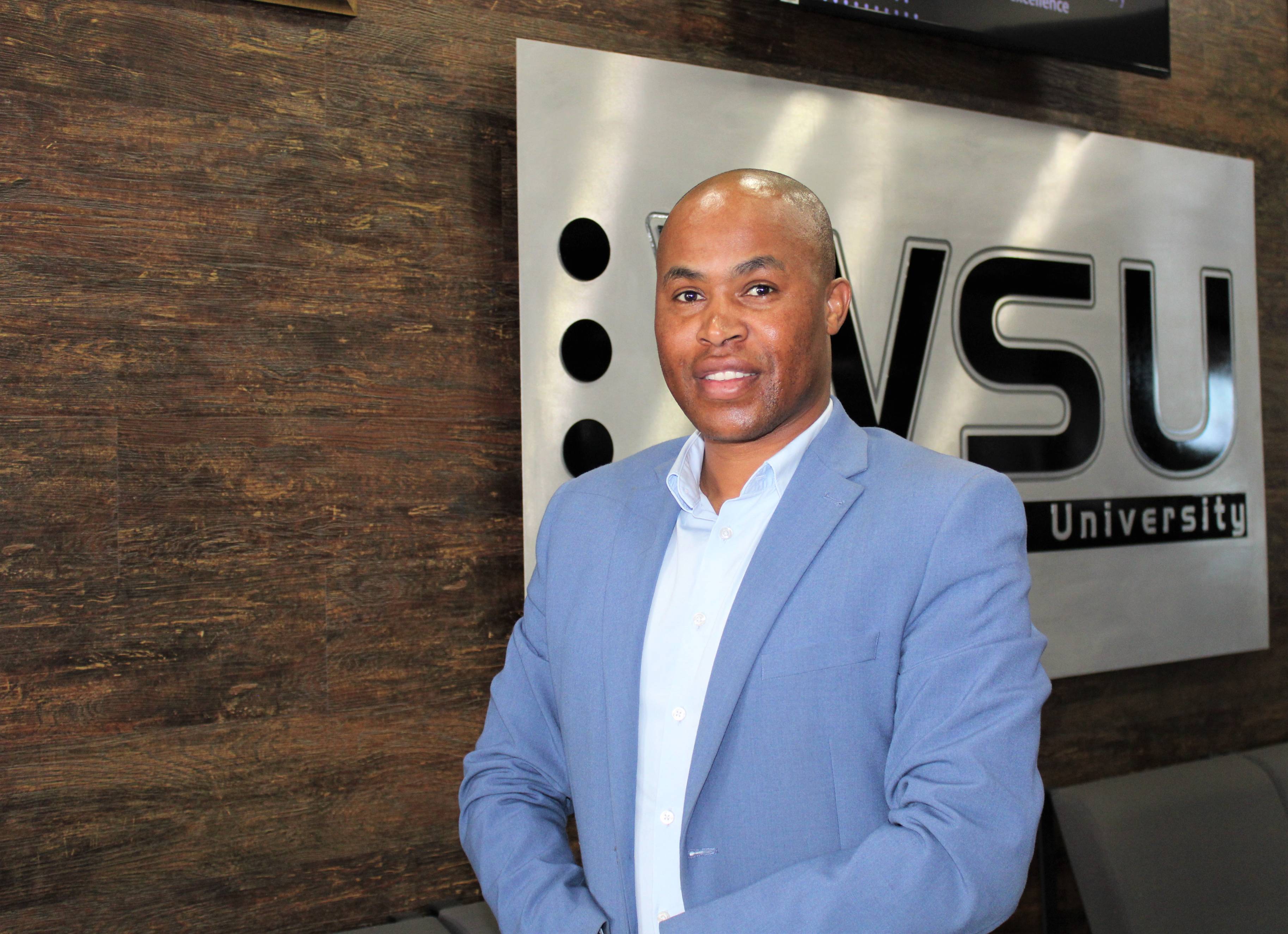WSU MAKES EFFORTS TO LIGHTEN ESKOM POWER BURDEN

Ubulongwe (cow dung), plants and solar power are amongst the natural resources explored by WSU for conversion into renewable energy to mitigate persisting blackouts in South Africa caused by low power grid capacity.
Dr Raymond Taziwa, Chairperson of the Renewable Energy Technology (RNA) at Walter Sisulu University, said solar energy is an abundant resource that can easily be converted into electricity to resolve the current issue of loadshedding.
“As we all know, solar energy is abundant and is renewable without any carbon footprint. our main research and focus areas within that solar energy are to convert the solar into a form of electricity particularly for off grid applications, we have several enablers that we use to achieve that mainly we use nano technology to develop what is called nano structured solar cells,” said Taziwa.
He also said Walter Sisulu is a Coastal University with a wind current that passes through. He said the idea is to try converting that wind current into some form of electrical energy resource to try and assist in the issue of loadshedding.
Taziwa also added that the conversion of biomass waste such as “ubulongwe” from rural areas can be convert into cooking biogas that can be used by rural communities.
“We also focus on the conversion of hyacinth, a problematic water-based plant that normally occupies freshwater bodies and creates two problems known to be environmental mutants and deprives aquatic life of oxygen. We are trying to convert the water hyacinth into some form of bio ethanol or biodiesel,” said Taziwa.
In his effort to convert sea water into hydrogen fuels, Taziwa is also confronted with the problem of power storage should excess energy be produced from hydrogen fuels.
“We are trying to engage different battery production industries out there as we are also focusing on development of hydrogen fuels from the salt water that we have. With renewable energy technologies, on a day, I can produce sufficient energy to power me for 3-4 days, but there is the issue of storage,” Taziwa added.
He added that radioactive types of batteries as storage devises are the next step in the future technology of power storage, moving away from the traditional legacy of batteries.
Dr Taziwa’s main research is mainly on solar energy and biofuels research as well as energy efficiency.
By: Sinawo Hermans
